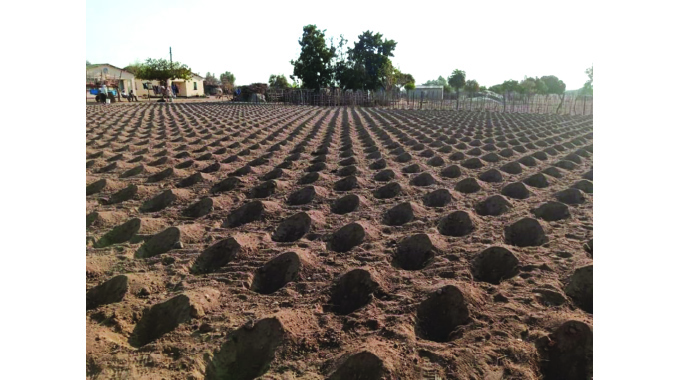Hospitalised cholera cases increase

Health Reporter
More than 300 cholera patients are now admitted to hospitals and clinics across the country as the current outbreak continues to rage, amid serious Government interventions.
While the Government has been rolling out interventions to curb the spread of the disease, the number of patients with severe symptoms requiring hospitalisation has grown over the past few weeks.
According to the Ministry of Health and Child Care daily situation report, on Monday there were 303 patients hospitalised with the highest number, 50, admitted at Harare’s Beatrice Road Infectious Disease Hospital, with 24 of these new cases that day.
Harare Metropolitan in addition had many new cases with another 20 cases in Kuwadzana, 13 in Glen View, 8 in Budiriro, 7 in Highfield and 14 in Chitungwiza. The metropolitan province remains the main epicentre of the outbreak.
Mazowe had the second highest number of hospitalised cases with 45 patients needing care followed by UMP with 35 and Chipinge with 33.
To date, 57 districts have reported cholera cases.
On Monday, 247 new suspected cholera cases, three suspected deaths and nine laboratory confirmed results were reported.
“The cases were reported from Mazowe (39), UMP (29), Harare Beatrice Road (24), Kuwadzana (20), Chitungwiza City (14), Centenary (13), Glen View (13), Buhera (8), Highfield (7), Makonde (7), Zvimba (6), Mberengwa (6), Mudzi (5), Chipinge (5), Chivi (5), Chirumhanzu (5), Mutoko (4), Gutu (4), Marondera (4) Mutare (4), Rutsanana (4), Rushinga (3 Seke (3), Masvingo (2), Budiriro (2), Gweru (2), Zvishavane (2), Mbire (2), Gokwe South (1), Chegutu (1), Bindura (1) Mt Darwin (1) and Shamva (1),” said the Ministry of Health.
The national recovery rate continues to remain high at 96 percent despite the increase in new cases. Cholera is easy to cure so long as the patient receives the antibiotic treatment promptly and remains hydrated.
Since the beginning of the outbreak in February last year, Zimbabwe has recorded 16 274 suspected cholera cases, 1 936 confirmed cases, 15 612 recoveries, 67 confirmed deaths and 292 suspected deaths. The case fatality rate remains high at 2.2 percent.
The cholera epidemic has not been confined to Zimbabwe but has to date affected 10 countries within the World Health Organisation Africa region.
Cholera is a bacterial disease usually spread through consumption of contaminated food and water. The disease causes severe diarrhoea and dehydration and if left untreated, Cholera can be fatal in a matter of hours, even in previously healthy people.
According to the Global Task Force on Cholera Control (GTFCC), over 2 billion people globally drink from faecal contaminated sources and lack basic sanitation.
This underlines the need for increased investment in water and sanitation infrastructure to halt the spread of cholera and prevent future outbreaks.
The Government, with support from development partners and the private sector continues to implement measures to deal with the cholera outbreak and has drilled boreholes in various areas to ensure provision of clean drinking water to communities as well as providing water treatment and other supplies needed for the identification and management of cholera.








Comments